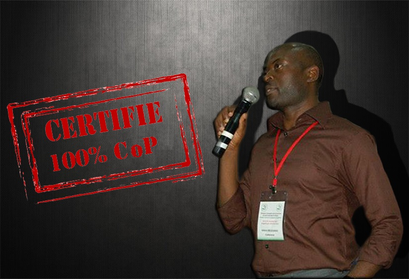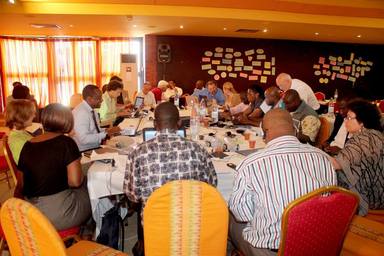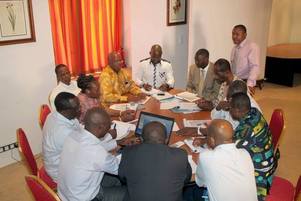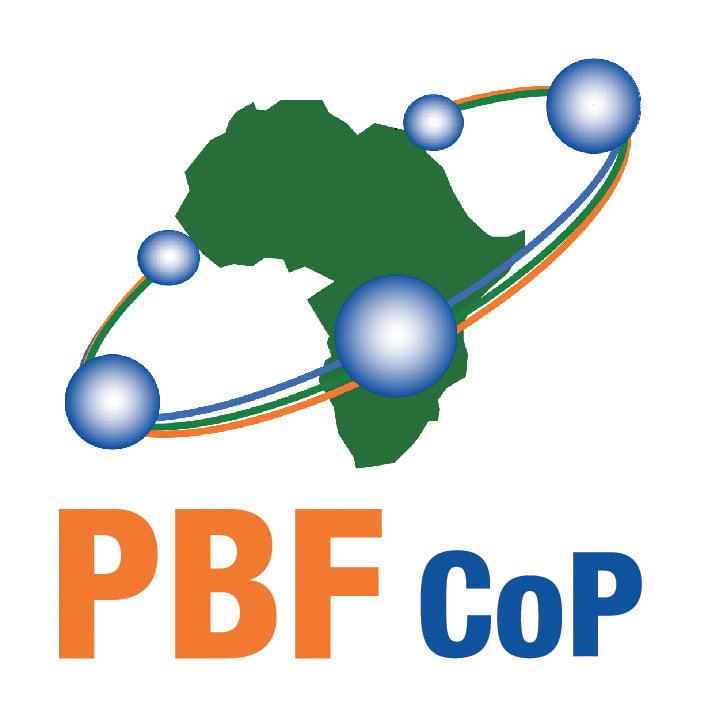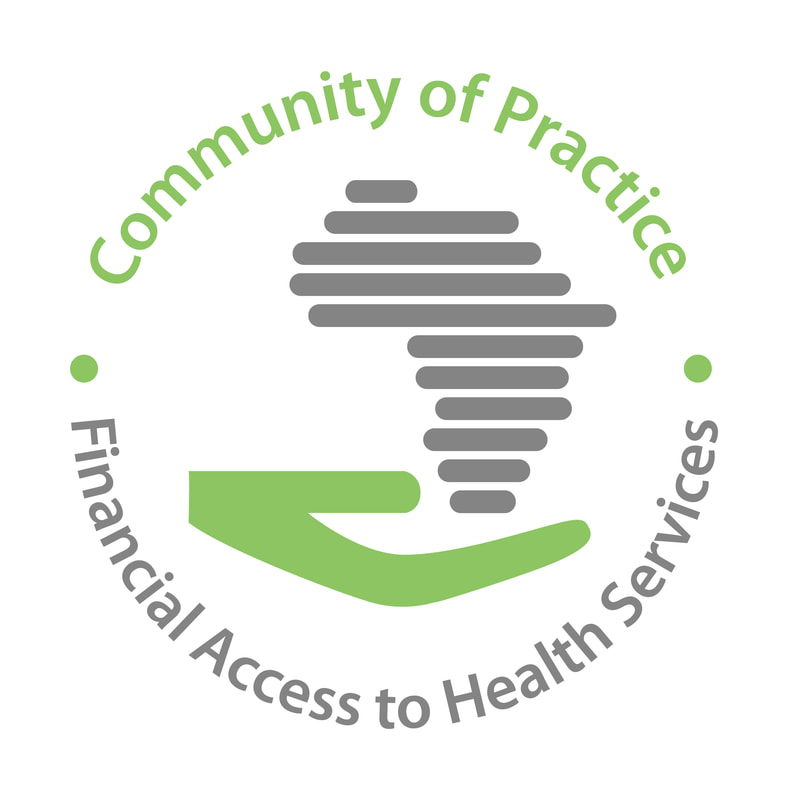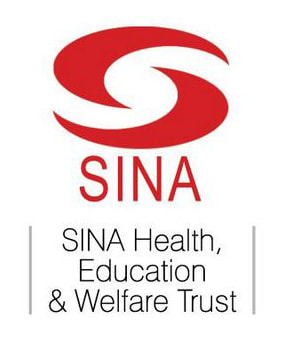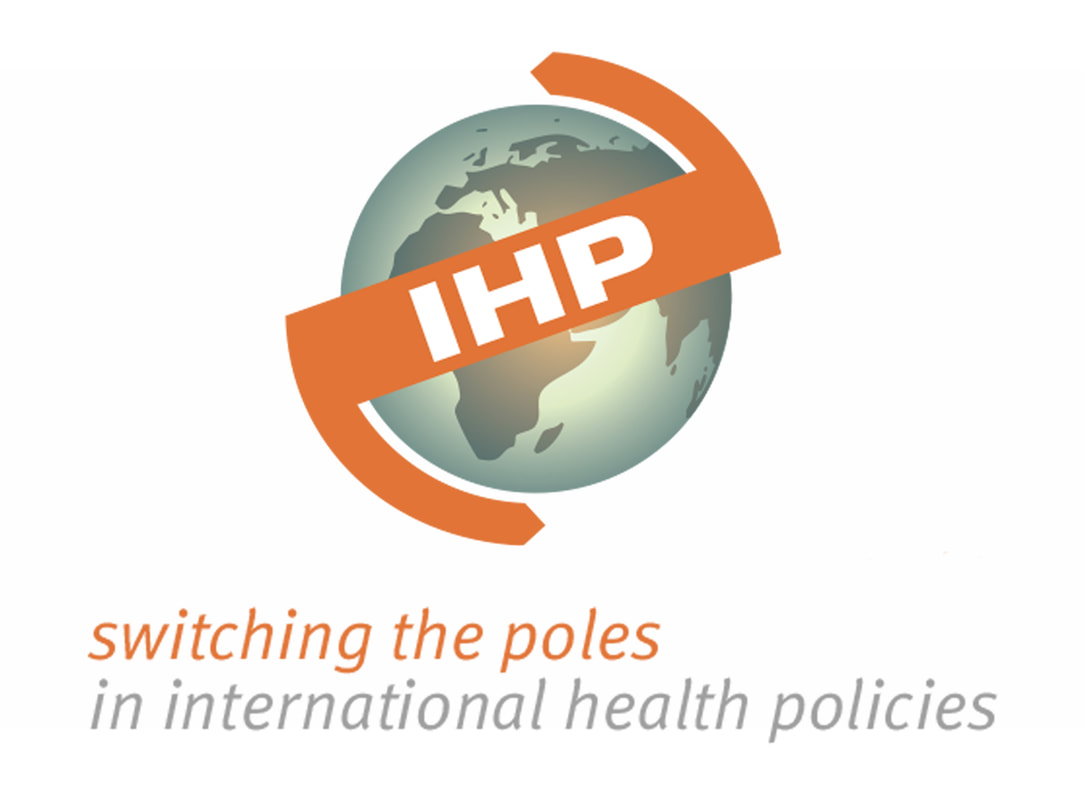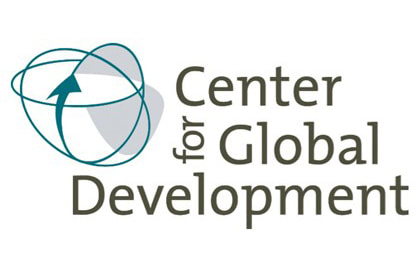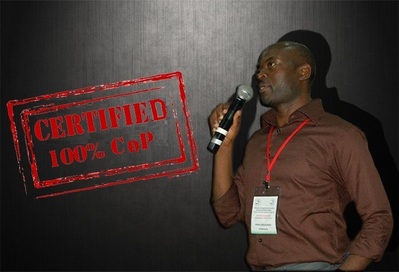
The “expert” market is a pretty competitive market. In this blog post, Bruno Meessen shares his own experience and gives some tips on how to stand out among rivals, in order to increase your chances of landing the job of your dreams. Great news: the future platform for CoPs should help you in this regard!
Every year in February, teachers of the Institute of Tropical Medicine in Antwerp are invited to check applications for the Masters of Public Health (which begins in September). It is a process in which I participate with a sincere concern to choose the candidates most likely to have an impact in their own country.
This year, once again I was struck by the fact that some candidates really struggle to report their skills. Of course we carefully read standard application forms, resumes and letters of recommendation; but too many candidates fail to distinguish themselves from other candidates. Perhaps these candidates did have real potential, but in situations of doubt, the truth is simple: when push comes to shove, at the final ranking they will be overwhelmed by the other candidates who have managed to emerge and stand out because their file sent a clear signal of their potential.
The signal theory
Allow me a small detour to the beautiful science of economics ... In many market situations you have, what economists call, ‘asymmetric information’: the selling party knows more about the quality of the good than the party that wants to buy the good. This creates a real risk of inefficiency: if you are, for example, a company that wants to hire a consultant, how can you make sure that the consultant is of good quality and worth the price he/she demands? If there’s too much doubt, the transaction sometimes doesn’t even take place; so the market fails.
Economists have highlighted that quality vendors will send out signals about their own – good - quality. In this way, they want to differentiate themselves from lower quality sellers. This is why firms go through the ISO certification process ... and why doctors just love to put their degrees on the wall!
For more than ten years already, I’ve tried to help promising young experts to emerge and stand out (I only convey here what I myself have learnt from my elders). I encourage them, among other issues, to spend not just time on gaining skills but also on producing signals about their own (market) value. I particularly emphasize the fact that they must be involved in (potentially) highly visible activities, even without obvious (or direct) compensation (eg. contribute to an online discussion, write a blog, produce an article, intervene in a conference). If your contribution is of good quality, you will be noticed and proposals will be made to you (well, perhaps not by the opposite gender).
A new element in this story: if you contribute to an open Internet platform (like our blog Health Financing in Africa, for example), you leave a “public” trail. Personally, I make good use of this: when I write a letter of recommendation nowadays for one of you (who wants to get a doctoral grant for instance), I make sure to sprinkle the letter with links to prove his/her commitment to knowledge sharing with peers: I refer to the blogs he/she has written, conferences co-organized by him/her ... This was a fairly easy exercise for Isidore Sieleunou, for example, who recently tried to obtain (and got) a scholarship for a PhD at the University of Montreal (why not aim for a great university when you have demonstrated your skills, commitment and talent before?).
We want to help you
Over the five years of activities with CoPs, we have noted that many of you remain discreet (shy?) on our different platforms. We respect this choice, but we suspect that for some of you, this strategy is suboptimal: you have talents, but invest too little in signaling these. This timidity may cost you your place for a Masters, a professional opportunity or a chance to do a PhD.
With the facilitation teams of CoPs, we want to shake you up a little bit. We have decided to expand opportunities for those of you who want to emerge. The strategy of developing collaborative projects is part of this logic. More than ever, it will be up to you to seize your chance! But we will try to go even further: our ambition is to also invest in measuring the performance you will have demonstrated in our collaborative projects. Later on, it will be even possible to showcase your accomplishments.
It will take us some time to set up a well-functioning system to measure your performance (there are quite some technological issues to be solved!) but we have already decided that we will do our best so that tasks performed in collaborative projects to be launched in the coming weeks could be valorized one way or another, in our system. We are ambitious, so we hope you will be so too!
